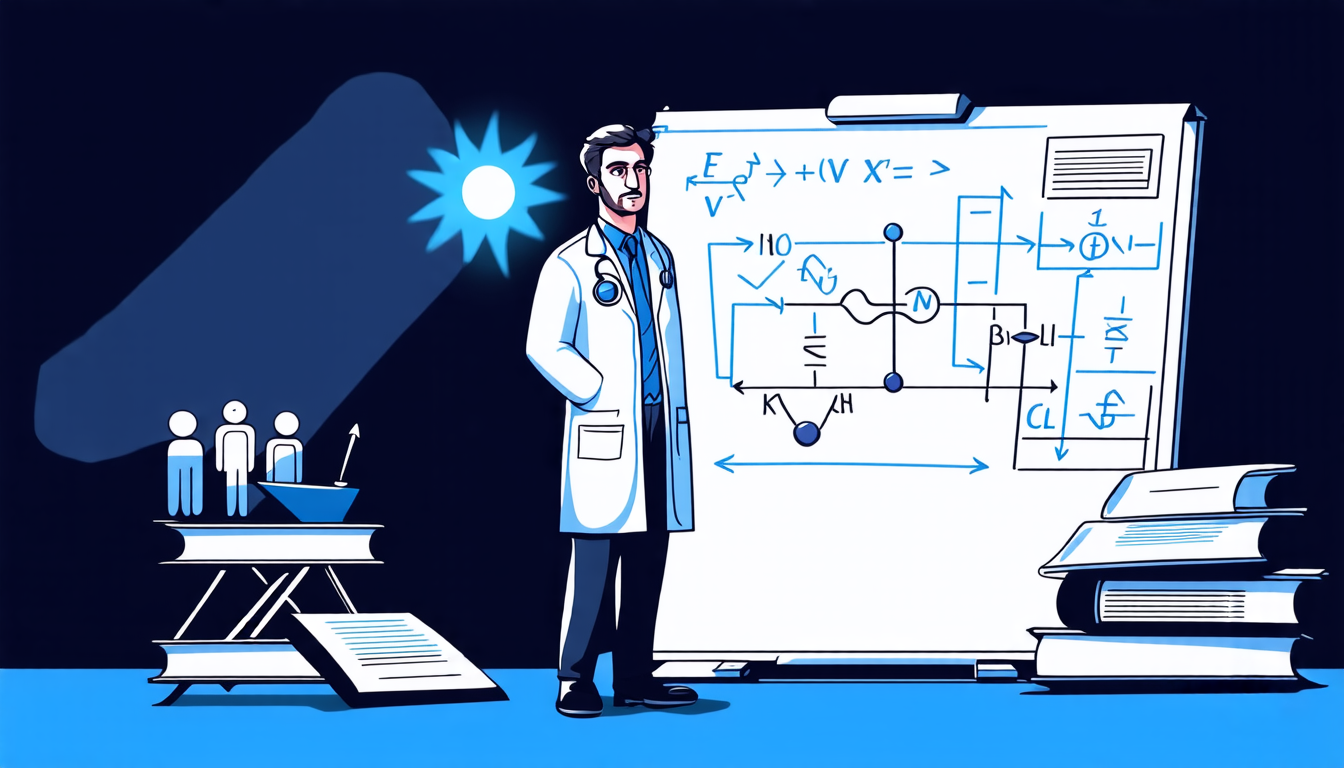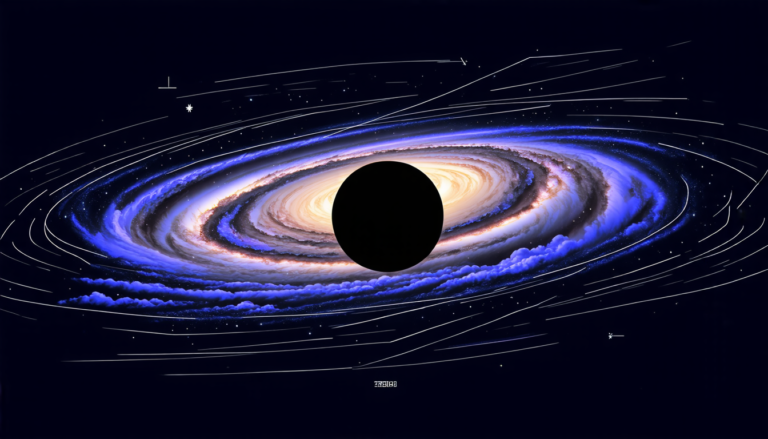Friday 28 March 2025
Scientific principles are the foundation of our understanding of the universe, guiding us in our searches for new theories and models. But have you ever stopped to think about how these principles develop over time? A recent paper has shed light on this process, proposing a template for analyzing the life cycle of scientific principles.
The concept of scientific principles is not new – we’ve all heard of Einstein’s famous equation E=mc² or Newton’s law of universal gravitation. But what happens when these principles are challenged by new evidence or theories? Do they remain unchanged, or do they evolve over time?
The researchers behind this paper argue that a principle’s life cycle can be broken down into five distinct stages: prehistory, elevation, formalization, generalization, and challenge. The prehistory stage is where the idea first emerges, often in response to observations or puzzles left unresolved by existing theories. As it gains traction, the principle becomes elevated through its ability to explain complex phenomena or predict new results.
Formalization occurs when the principle is codified into a mathematical framework or set of equations, allowing scientists to test and refine their understanding. Generalization happens as the principle is applied to broader domains, shedding light on previously unknown relationships between concepts.
But challenges are inevitable, and it’s here that the principle must prove its mettle. Can it withstand empirical tests, or does new evidence force a reevaluation of its validity? In some cases, principles may be revised or refined in response to these challenges; others may ultimately fall out of favor as new theories emerge.
The authors illustrate this process using four examples from foundational physics: Lorentz invariance, Mach’s principle, the naturalness principle, and the perfect cosmological principle. Each of these principles has undergone its own unique journey, shaped by the discoveries and debates that have driven scientific progress.
Lorentz invariance, for instance, was elevated to a fundamental principle through Einstein’s work on special relativity. Yet it’s been subject to numerous challenges over the years, from experimental tests of time dilation to theoretical discussions of quantum gravity. Mach’s principle, on the other hand, has undergone significant revisions as our understanding of cosmology and gravitation has evolved.
The naturalness principle, which underlies many theories in particle physics, is another example of a principle that has been shaped by ongoing research. Its validity is constantly being tested through experiments at colliders like the Large Hadron Collider.
Cite this article: “Unpacking the Life Cycle of Scientific Principles”, The Science Archive, 2025.
Scientific Principles, Scientific Process, Life Cycle, Einstein, Newton, Equation, Law, Gravitation, Physics, Research, Theory, Model, Challenge, Principle, Discovery, Debate, Progress, Relativity, Quantum Gravity, Cosmology, Particle Physics







